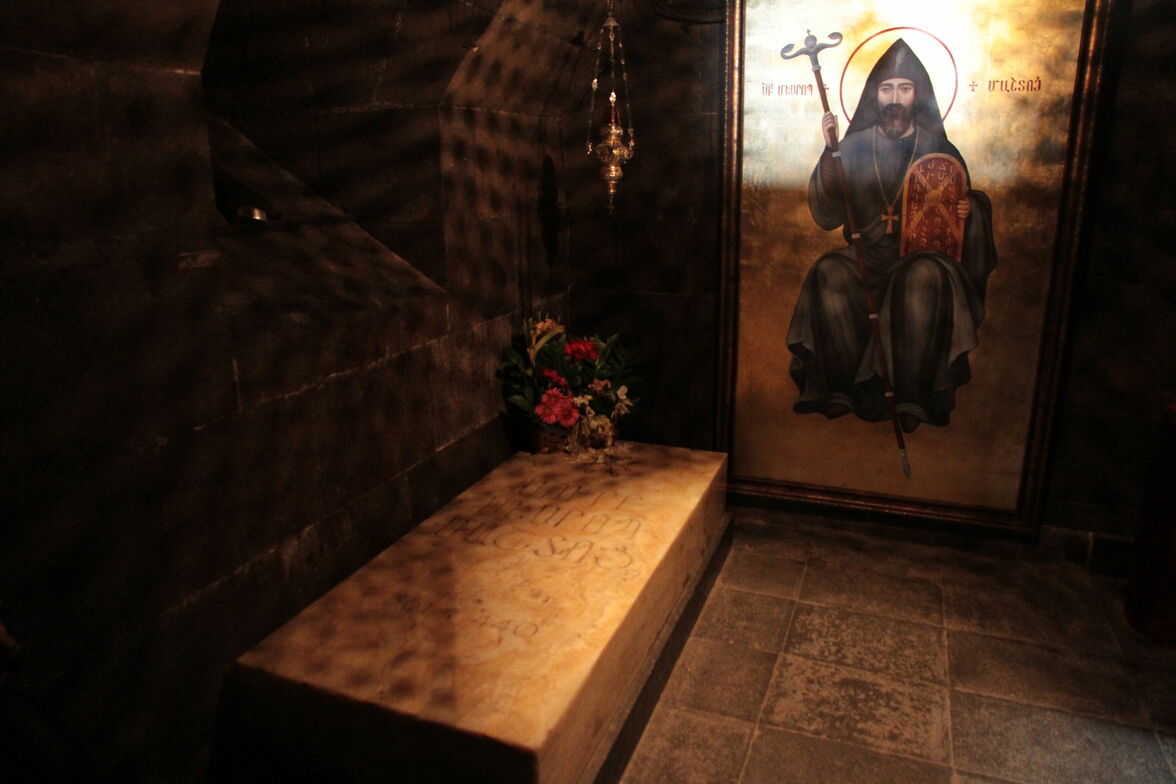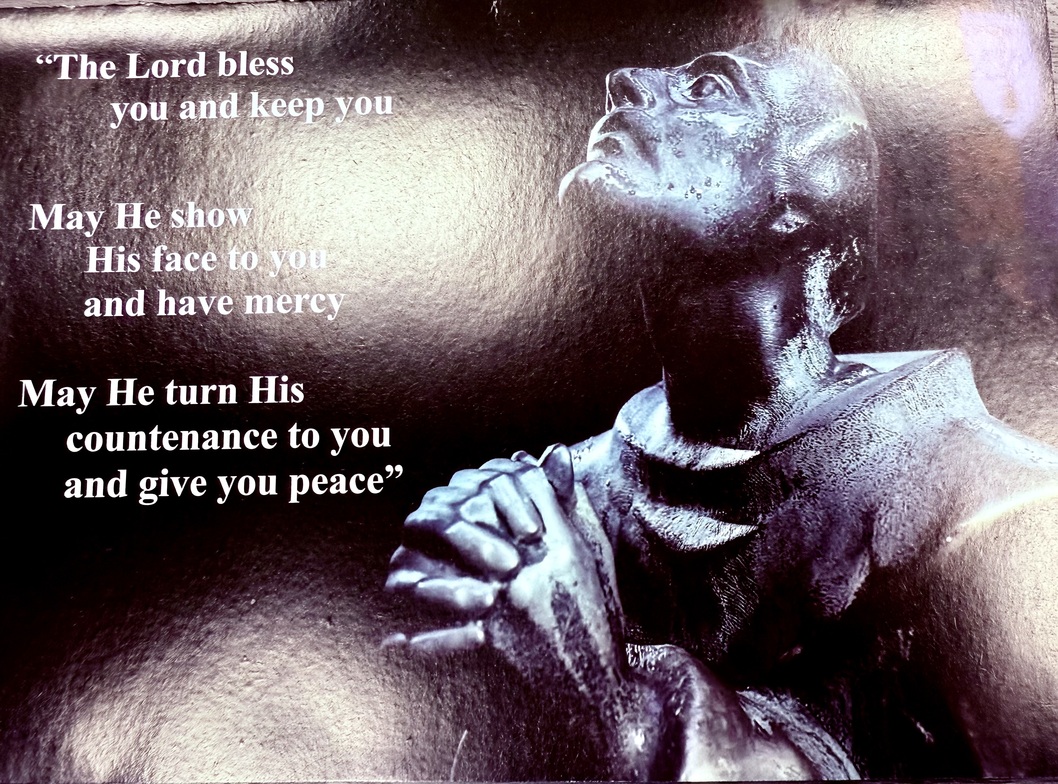Last week, I received a beautiful card from a man who, while walking with his wife on a Sunday morning in our neighborhood, decided to visit our church.
The handwritten note read as follows:
Dear Rev. Fr. Terterian,
Yesterday, while out for a walk, I passed by your beautiful church and took a chance on entering it to see if it was open and to enjoy the beauty of its interior. The Divine Liturgy was in progress, and I stayed for an hour to participate in its solemn majesty as best I could. (I am not Armenian, and I am a Catholic.)
There were three gracious women at the counter in the vestibule, and they treated me courteously and made me feel welcome. When I left the church, one of the three, Arev., came to speak with me and we had a conversation about my experience of your beautiful Liturgy. She invited me to return, and I will. My Sundays are often spent with family, so I can’t say when I will return, but I will do so.
The envelope also contained a generous donation made to St. Sarkis Church.
When I read this sweet note, two thoughts came to mind:
First, I reflected on the volunteers who keep our church thriving. Every Sunday, a lot happens within the church, and we try to provide a spiritually fulfilling experience for our visitors. This effort heavily relies on the dedication of our choir members, altar servers, deacons, and, ultimately, the ushers. I feel truly blessed to have such committed and conscientious volunteers in the choir, on the altar, and in the vestibule area. Together, they strive to create a sacred space where Sunday visitors can feel a deep connection to the divine. (Occasional ringtones may be heard from time to time, but that's a separate topic.)
The second thing that came to mind was my debut visit to Armenia, which took place about a decade ago. We aimed to explore as many historical sites as possible and immerse ourselves in the history and culture of our ancestors. Our minivan driver, Mr. Martin, was incredibly helpful in organizing our destinations throughout Armenia.
One day, we visited the small town of Oshagan and went to the church that houses the tomb of Mesrob Mashdots. I felt an overwhelming sense of emotion when I left the small cell where the tomb is located. Mr. Martin looked at me and said, “I wish I could see our country through your eyes.”
Curious, I asked him why. He replied, “I have been to these churches and other historical sites so many times since I was a child that I take them for granted. But when I see tourists like you, who know so much about our history and culture and are visiting our homeland for the first time, I feel a sense of appreciation that most of us here don’t have.”
Mr. Martin’s words resonated with me, and I found myself reflecting on them deeply. I’m not sure if I managed to say anything meaningful in response.
I recalled this story when I read the sentiments expressed in the card regarding our Divine Liturgy. Words like "solemn" and "majestic" stand in stark contrast to the complaints we often hear from occasional Sunday worshipers—phrases like "boring," "long," and "we don’t understand anything" frequently arise. These sentiments reflect the excuses some people make to avoid attending church.
It's essential to understand that worship is not about ourselves; it is about God. If we do not worship God, we likely end up worshiping something else or even ourselves. When we truly worship God, we create a space for the sacred in our lives, allowing us to leave the worldly behind and recharge spiritually.
Worship in the Armenian Church connects us to our roots and to the earliest expressions of the Christian faith. Our worship is inspiring, majestic, and beautiful.
We need only to open our eyes to see what we have been overlooking. Instead of taking our worship for granted, we should approach it with a sense of curiosity and appreciation.




